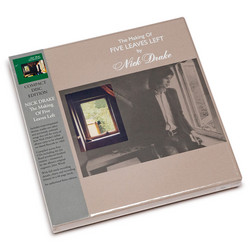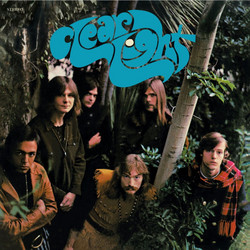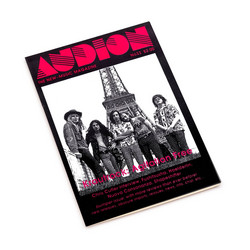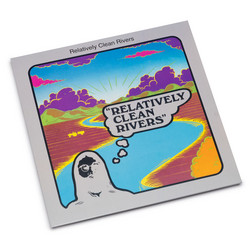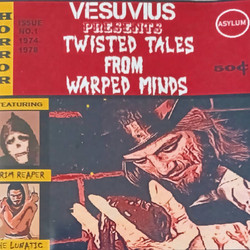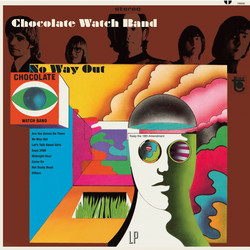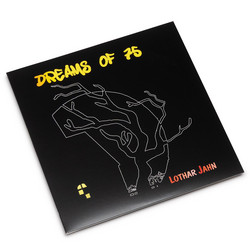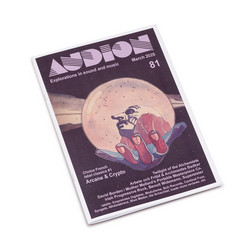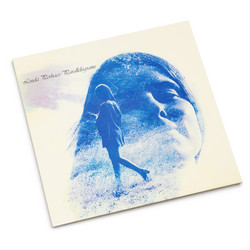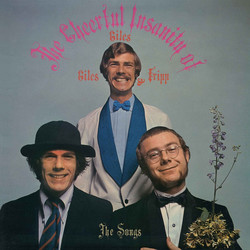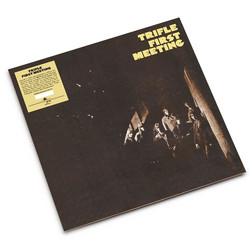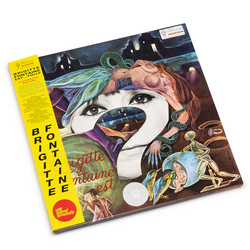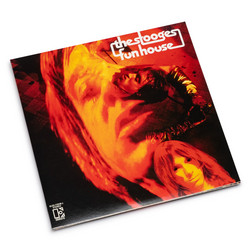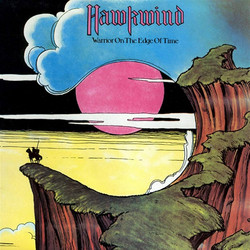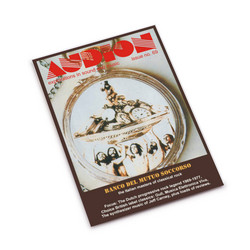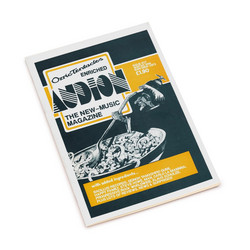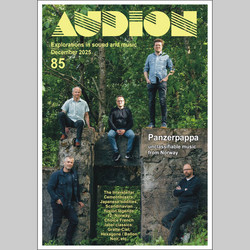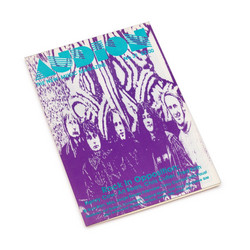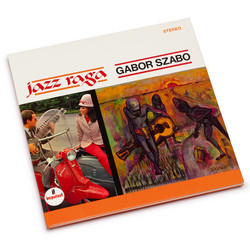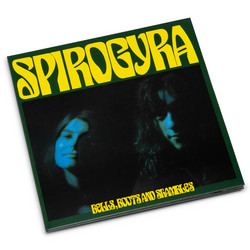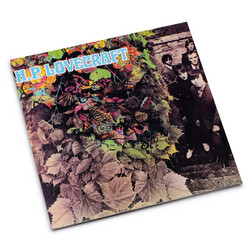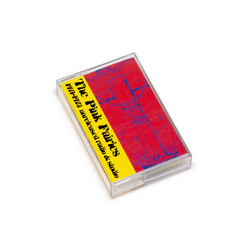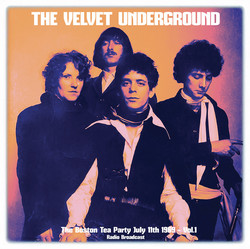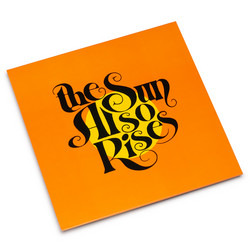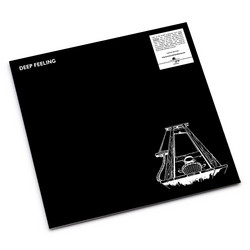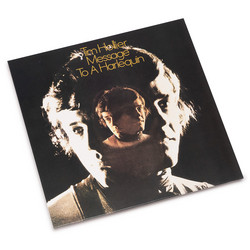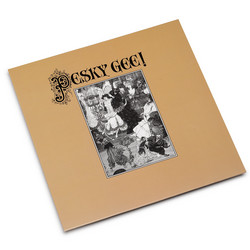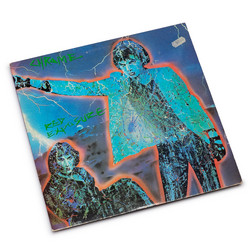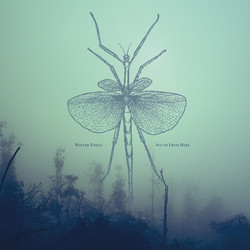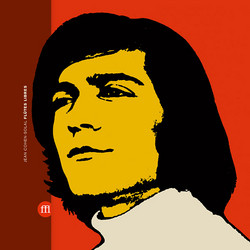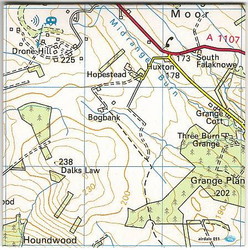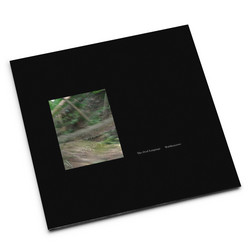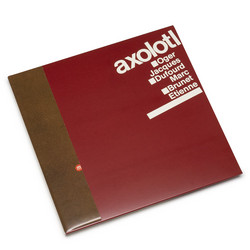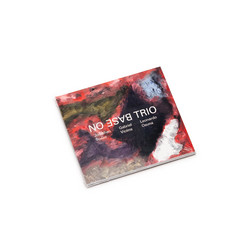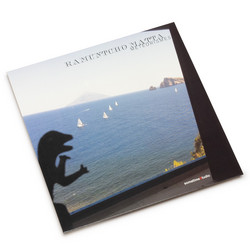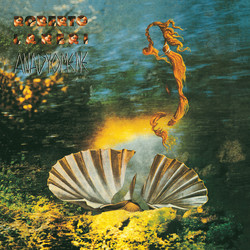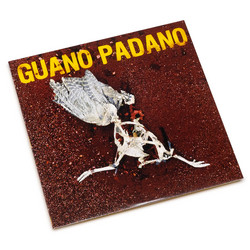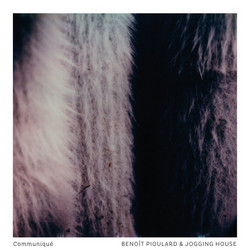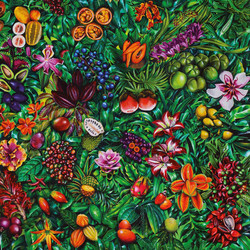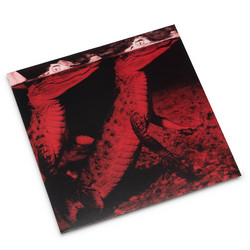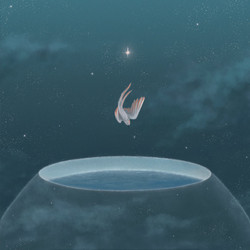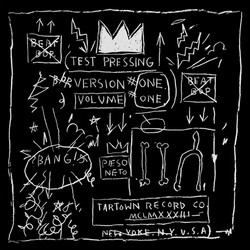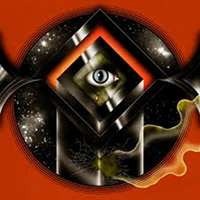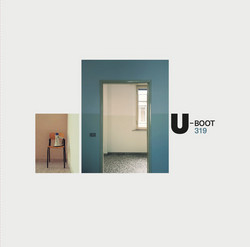From the ashes of Ora's psychedelic folk experiments emerged Byzantium, a band that crystallized around the extraordinary harmonic vision of University College School alumni. Released on A&M Records in 1972, their self-titled debut captures a singular moment when British progressive rock was searching for its soul between the whimsical pastoralism of Canterbury and the harder edges of emerging prog.
Recorded at Trident Studios with future Queen producer Roy Thomas Baker as engineer and produced by Stuart Taylor and Robin Sylvester, the album showcases the telepathic three-part harmonies of bassist Robin Lamble, guitarist/keyboardist Chas Jankel (later of Ian Dury's Blockheads), and guitarist Nico Ramsden, supported by drummer Stephen Corduner. Primary songwriter Jamie Rubinstein appears as guest on acoustic guitar, alongside a stellar cast including saxophonist Alan Skidmore, percussionist Frank Ricotti, and Derek Wadsworth's brass arrangements.
Critics noted the band "sound much influenced by the 60's", yet Byzantium transcended mere imitation. The tracks range from "fairly heavy to nearly ballad-like, with pretty much all of the songs heavy with three-part harmony vocals", creating a sound that existed in a parallel universe to the Canterbury scene developing just miles away. Where Soft Machine pursued abstract jazz explorations and Caravan embraced whimsical prog, Byzantium fused "heavy rock band with some progressive tendencies", resembling "Uriah Heep with a little Wishbone Ash sprinkled on the top."nThe album opens with the funky, mid-tempo rocker "What Is Happening?", showcasing unexpected groove for four pale Londoners tagged with the progressive label. This segues into "I Am a Stranger to My Life," with its thoughtful lyrics and unexpected jazzy interlude, before the fingerpicking beauty of "Come Fair One" demonstrates their acoustic prowess. The Wishbone Ash-styled "Trade Wind" features those gorgeous vocal harmonies wrapped around mystical early-seventies lyrics, while "Into the Country" presents one of those quintessential 'let's frolic in the meadow' songs with a darker edge.
The album culminates in Jankel's ten-minute suite "Why Or Maybe It's Because," described as "a mix of dated Jazz Rock, symphonic music and Experimental Rock, where the sentimental multiple vocals come in evidence, but the arrangements are both complex and melodic with Classical-like variations". This ambitious closer represents everything Byzantium was reaching for: the harmonic sophistication of Crosby, Stills & Nash, the progressive ambitions of their British contemporaries, and a uniquely melancholic English sensibility all their own.
Co-produced and arranged by Stuart Taylor and long-time friend and band associate Robin Sylvester, 1972's "Byzantium" is described as "one of those albums that leaves me on the fence", perhaps because it refuses easy categorization. Neither fully progressive nor purely harmonic pop, neither Canterbury whimsy nor heavy rock thunder, Byzantium existed in its own twilight zone, creating music of genuine beauty that never quite found its audience.
The band members would go on to successful careers elsewhere: Jankel with Ian Dury, Lamble with Al Stewart, Ramsden with Mike Oldfield and Gong. But for one brief moment in 1972, they created something unique, a record that stands as testament to the endless possibilities of that fertile era.
